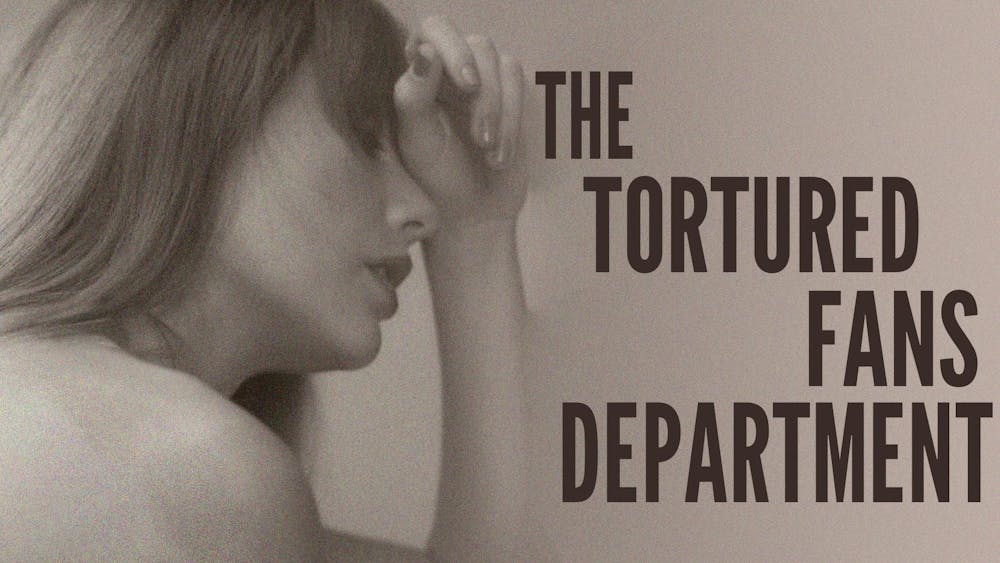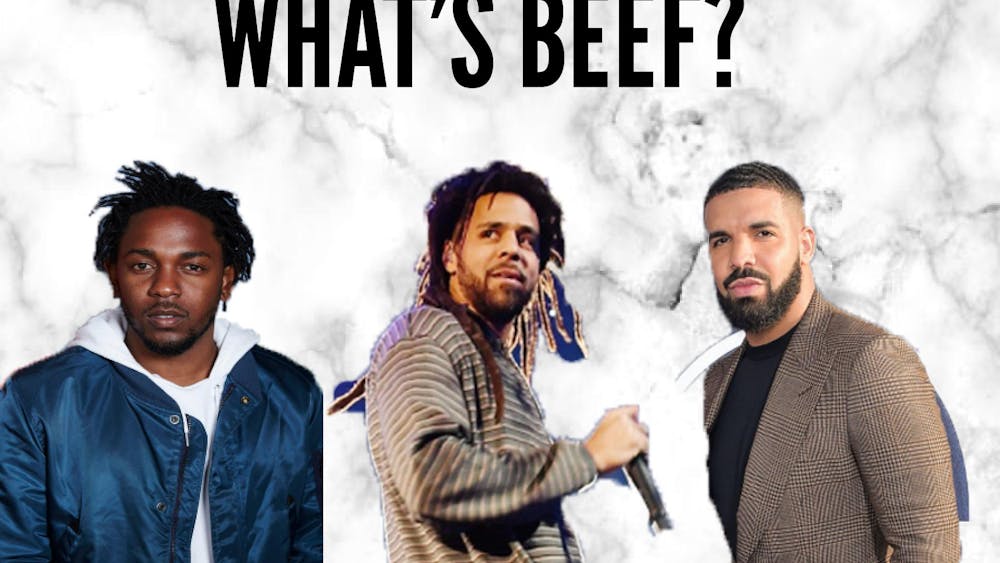There is a concept in history called the “Great Man theory” which posits that the past is just a series of events occurring due to the influence of … great men. Inherent chauvinism aside, it’s an interesting way to look at history and an even more interesting way to look at popular culture. Here the temporal threads are probably even more apparent. It’s easy to look at music or film as a progression passed on from one innovative visionary to the next. The task becomes even simpler, though, when there aren’t that many great men to keep track of.
The history of African Americans in comedy is a difficult one. Blackface has become one of the most blatant forms of racism today, in large part because of its use in comedic minstrel shows around the start of the 20th century. Several black performers even wore blackface to maintain the performative conventions of the time. That was one of the prices to be paid for success because achieving celebrity on the stage meant performing in front of a lot of white faces.
The first African American to really start breaking down those conventions was Bert Williams. He got his start as a minstrel performer and exploded in popularity when he teamed up with fellow African American George Walker. The two became some of the most in-demand vaudeville performers of the time, despite opposition from some white theater goers. Although Williams started out performing in blackface, his shows were increasingly devoid of racial stereotypes. After Walker’s death, Williams continued his career and went on to shock Broadway audiences by performing as a duo with the white Leon Errol. By the time he died in 1922, his celebrity had transcended racial divisions.
It is hard to top Bert Williams in terms of importance, but Moms Mabley certainly did her best. Not only was Mabley black, she was an openly lesbian woman. Her act moved beyond the theatrical comedic skits of Williams to start resembling modern stand-up comedy, and she made her name performing that act on the “Chitlin’ circuit,” a group of venues open to black entertainers. Her witty style and big personality drew in audiences, both televised and in-the-flesh, for more than forty years, and that raspy voice settled in the minds and hearts of generations of comedians, black and otherwise.
One of those comedians was Redd Foxx. His comedy became characterized by its raunchy content, undoubtedly a development on Moms’ own edginess. He would record more than 50 albums, and was one of the first black comics to perform for a white audience on the Vegas Strip. His television show, “Sanford and Son,” was one of the most popular shows of the 1970s and was the first of several African American sitcoms that would spring up over the coming decades.
The next comedian in line is simultaneously the most and least controversial inclusion. Bill Cosby is almost undoubtedly the most influential African American comedian. His stand-up and later television shows had a profound impact on millions of Americans. As a twenty-something, white male from suburban Indiana, I remember listening to tapes of Cosby’s comedy before my age hit double digits. It remains to be seen whether his professional career can be separated from his horrifying personal life … if he even deserves that courtesy.
Cosby may have (previously) achieved a wider cultural impact, but Richard Pryor has always been lauded as one of the greatest stand-up comedians ever. He relentlessly attacked racism in his comedy, and his personal struggles merely added gravity to his performances. Pryor’s content was ultimately deemed too controversial for his own TV show. Instead, he turned to film, though he remained first and foremost a comedian. Today, his name is almost synonymous with the fight for racial equality.
Eddie Murphy succeeded Richard Pryor, both chronologically and substantially. His 1983 special, “Delirious,” is a stand-up icon. From the energy, to the profanity, to the outfit, Murphy’s performance is a time capsule for the 1980s — warts and all. It’s still weird to watch his specials and think: “This is the same guy who voiced the dragon in ‘Mulan.’”
Murphy had a direct influence on the next comic, because he helped mentor the man after he saw his act in a nightclub in the 1980s. Chris Rock’s star continued to rise from that point on. He landed on “Saturday Night Live” (like Murphy) and made appearances in Hollywood pictures. Although Rock rejected the notion that he had to be a role model, his intelligent, brutally honest style made him a bonafide superstar. He continues to be one of America’s most influential black voices.
As much as Rock thrived by casting light on the incongruities of racial attitudes in America, Dave Chappelle achieved notoriety by subverting them. In his television series, “Chappelle’s Show,” as well as in his stand-up, Chappelle demonstrated an awareness of stereotypes, both white and black, and would play into these conceptions in such a way that they would fall apart. His wickedly brilliant comedy proved too subtle for audiences, and he famously abandoned a huge TV contract to escape to Africa.
Chappelle in a lot of ways represents both the progress of black comedians and the work that still needs to be done. He achieved international renown and immense cultural power, but he could no longer tell if his fame was a sign of understanding or if he was just another minstrel show performer. Today, the heir-apparent to the black comic tradition is Kevin Hart. He has become one of Hollywood’s most prolific actors, and is known all around the world thanks to YouTube. His unflinching self-examination has endeared him to audiences in a way that hasn’t been seen before.
It’s often said that the funniest people are the ones who have suffered the most, and the African American comedic tradition is proof of that. Black people have gone from derogatory laughingstocks to true comedic mainstays. Just this week (stand-up comic) Donald Glover’s new TV show, “Atlanta,” debuted to rave critical reviews.
Progress is a process. A long one. But we’ll keep laughing through the pain until we can just … laugh.













